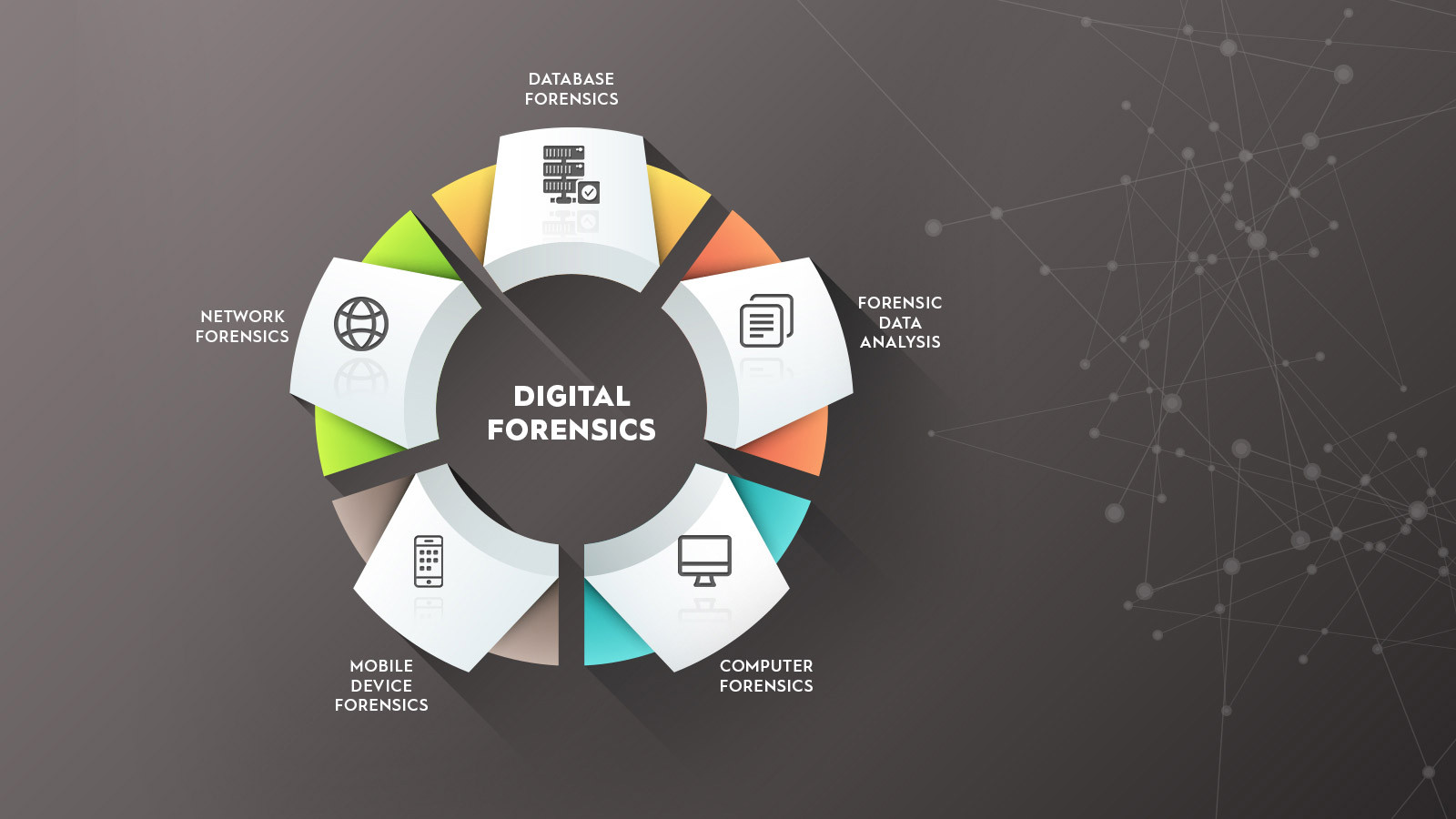- Lecturer: Dr Sisco Auala
NUST eLearning
Search results: 366
This course is designed to assist lecturing staff and Instructional Designers in designing online course and learning materials.
- Lecturer: Dr Jacqueline Bock
- Lecturer: Joseph Gandanhamo
- Lecturer: Joy Hambabi
- Lecturer: Helena Imene
- Lecturer: Dr Ismael Uiseb
- Lecturer: Cyrlius Tjipetekera
- Lecturer: Henrietha Beukes
- Lecturer: Linda Kambonde
- Lecturer: Mally Likukela
- Lecturer: Dr Shewangu Dzomira
- Lecturer: Dr Saara Hamunyela
- Lecturer: Lameck Odada
- Lecturer: Dr Phillip Santos
- Lecturer: Dr Sadrag Shihomeka
This course is intended to provide students with critical and new premises of knowledge on holistic, multi-disciplinary, multi-dimensional debate regarding development theory, philosophy, method, strategy, and management and policy issues. It will also expose students to the integrated approach, developmental characteristics, challenges and opportunities. This course is further intended to provide students with enhanced knowledge on the meaning, significance, forms, organisation and limitations of community development in Africa as well as gender and development.
- Lecturer: Abraham Shilomboleni
- Lecturer: Pia Mbemurukira Teek
- Lecturer: Toini Angula
The course aims to provide students with a broad but general understanding of concepts and approaches in development policies and processes.
- Lecturer: Pieter Genis

- Lecturer: Dr Smita Francis
- Lecturer: Rut Magano Shiwambi

- Lecturer: Rut Magano Shiwambi
This course aims to prepare students for the digital economy by empowering them to explore the opportunities that digital entrepreneurship has to offer and harness different online resources to establish digital bases enterprises. Upon successful completion of the course students will, through assessment activities, show evidence of their ability to:
- Evaluate the Digital Economy concept, its impacts, influence, and challenges.
- Develop a digital business strategy.
- Examine platform business models and identify business opportunities they present to entrepreneurs.
- Harness online resources to develop an online-based business.
- Assist Small and Medium-Sized (SMEs) with digital transformation
- Develop online content for digital entrepreneurship.
- Apply digital communication and social networks to create digital business opportunities.
- Lecturer: Moses Shuuya

This course aims to emphasise the fundamentals and importance of digital forensics by equipping students with theoretical and practical knowledge and experience for recovering admissible evidence from digital devices. It will further provide students with relevant skills and competencies to prepare such evidence for presentation in a court of law and to develop knowledge and understanding of digital forensic techniques.
- Lecturer: Sepiso Chikuruwo
- Lecturer: Hillary Kwala
- Lecturer: Isaac Nhamu
- Lecturer: Julius Silaa
This course is designed to enable student to develop knowledge and understanding of the strategies, techniques and technologies used in the investigation of crime involving computing devices, the Internet and associated networks. The course will further, enable students to develop a sound understanding of the practical aspects involved in preparing, presenting and explaining computer-derived evidence in non- computer literate courtrooms
- Lecturer: Sepiso Chikuruwo
- Lecturer: Prof Mercy Chitauro
- Lecturer: Julius Silaa
This course aims to introduce students to the principles and concepts involved in the design of distributed systems, system architecture and related protocols.
- Lecturer: Ndinelago Nashandi
- Lecturer: Christine Aitana
- Lecturer: Prof Sulaiman Olusegun Atiku, PhD
- Lecturer: Dr Samuel Mushelenga
- Lecturer: Cephas Pahla
Econometrics is a major part of degree programmes in economics. Indeed, economists, especially those in the areas of macroeconomic modelling and research, amongst others, need reasonable knowledge of this course in order for them to operate in a more efficient manner. Given this background, this course essentially aims at equipping the students with the basics of Econometrics as well as some aspects of Applied Econometrics. The students should be able to build econometric models, estimate econometric models, evaluate econometric models and also forecast macroeconomic variables.
- Lecturer: Linda Kambonde
- Lecturer: Eden Shipanga
- Lecturer: Uaarukapo Tjitunga
- Lecturer: Angela Apollus
- Lecturer: David Mateu
- Lecturer: Beatrice Mutonga
- Lecturer: Maria Indongo
- Lecturer: Dr. Leena Kloppers
- Lecturer: David Mateu
- Lecturer: Charles Mbazuvara
